Republic of India
Joint Submission to the UN Universal Periodic Review
41st Session of the UPR Working Group
Report on Freedom of Association and Assembly in India
Submitted by: Asian Forum for Human Rights and Development (FORUM-ASIA) and Human Rights Defenders’ Alert-India (HRDA) with co-sponsorship of additional 2697 organisations and 1457 individuals (full list available in annex 1).
Submitted on 31 March 2022
-----------------------------------------------------------------------------------------------
|
Asian Forum for Human Rights and Development (FORUM-ASIA)
Ahmed Adam Email: adam@forum-asia.org
|
Human Rights Defenders’ Alert – India (HRDA)
Henri Tiphagne Email: henri@pwtn.org
|
About the submitting organisations:
- The Asian Forum for Human Rights and Development (FORUM-ASIA) is a network of 85 member organisations across 23 countries, mainly in Asia. Founded in 1991, FORUM-ASIA works to strengthen movements for human rights and sustainable development through research, advocacy, capacity development and solidarity actions in Asia and beyond. It has special consultative status with the United Nations Economic and Social Council, and a consultative relationship with the ASEAN Intergovernmental Commission on Human Rights.
- Human Rights Defenders’ Alert – India (HRDA) is a national platform of human rights defenders for human rights defenders in India. Founded in 2010, it has more than 3000 individuals and organisations as members. HRDA initiates urgent action for the protection of human rights defenders under threat and attack.
- This report is submitted by FORUM-ASIA, HRDA and FORUM-ASIA’s member organisations in India.
- This joint submission in endorsed by additional 2697 organisations and 1457 individuals, including 2219 organisations and 1032 individuals that have opted to stay anonymous for fear of reprisals (full list available in annex 1).
Freedom of Association and Assembly in India
- Introduction
- The report predominantly focuses on the status of freedom of association and assembly in India since its last Universal Periodic Review (UPR) in 2017. This report was based on research from credible sources of information including the government, international organisations, media reports, and academic publications drawn from the public domain. Input from experts and human rights defenders from all over India were sought through an online national consultation that was jointly conducted by FORUM-ASIA and HRDA on October 12, 2021, held for the purpose of this submission. Nearly 110 participants, all experts working substantially on the freedom of assembly and association, took part in the consultation and contributed to the drafting process of this report.
- In the UPR in 2017, India received nine recommendations regarding freedom of assembly and association, including five recommendations specifically to review and amend the Foreign Contribution (Regulation) Act, 2010 and guarantee free right to association. Further, India was encouraged during the proceedings to respect international standards and the right to assembly in law enforcement operations.[1] India noted these recommendations.
- Freedom of Association and Assembly in India: Overview
- The Indian Constitution guarantees fundamental rights of citizens such as the right to ‘assemble peaceably and without arms’[2] and to form ‘associations or unions’[3] subject to reasonable restrictions.[4] India is also bound by international human rights covenants including the International Covenant on the Civil and Political Rights[5] , which guarantee the rights to freedom of assembly and of association.
- Whereas the constitutional framework of India is compliant with the international law standards, it is observed that by exercising policing laws and other security legislations, these fundamental human rights are frequently subject to heavy restrictions and are not guaranteed on the ground.[6]
- India has witnessed historic protests during this UPR cycle including the protests against the Citizenship Amendment Act (CAA) 2019, across the country.[7] These mass protests were peaceful and yet met with brutal repression by the state.[8]
- Protesting the imposition of the three farm laws[9], thousands of farmers marched to the borders of the national capital in the Dilli Chalo campaign demanding that the laws should be repealed and for the negotiation of Minimum Support Price.[10] Finally, after a year-long protest, the laws were repealed in December 2021. The farmers’ protest of 2020-2021 demonstrates the inalienable importance of the right to peaceful assembly in a democracy and that it is one of the crucial tools available to individuals and groups against the state machinery.
- To manage the COVID-19 pandemic, the Indian Government imposed a nationwide lockdown with notice of just four hours.[11] Millions of persons including migrant labourers were stranded. Enforcement of the lockdown was met with police excesses. The pandemic was used as a reason to shut down ongoing protests and to restrict peaceful assemblies.
- There has been a systematic clampdown in Kashmir after the abrogation of Article 370 of the Constitution of India and the special status of Jammu and Kashmir.[12] Several politicians, academics, journalists were detained or placed under house arrest restricting the right to assembly and organising peaceful protests.[13]
- Police authorities routinely subject protesters and organisers of peaceful public assemblies to surveillance. For instance, facial recognition technology was used to track down protesters in New Delhi and Uttar Pradesh.[14] There is no coherent law concerning surveillance and privacy. Mass surveillance using facial recognition technology in the absence of a legal framework raises serious concerns about the lack of accountability.[15]
- Status of Right to Freedom of Assembly
3.1. Right to Protest
-
-
- India has a
-
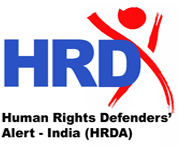


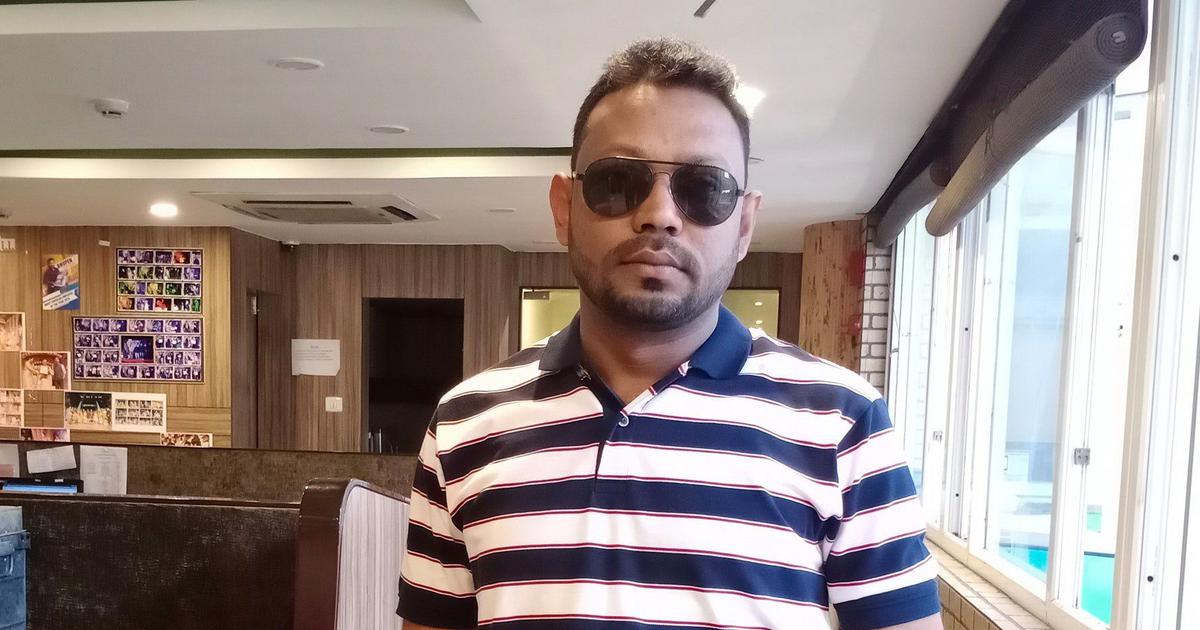
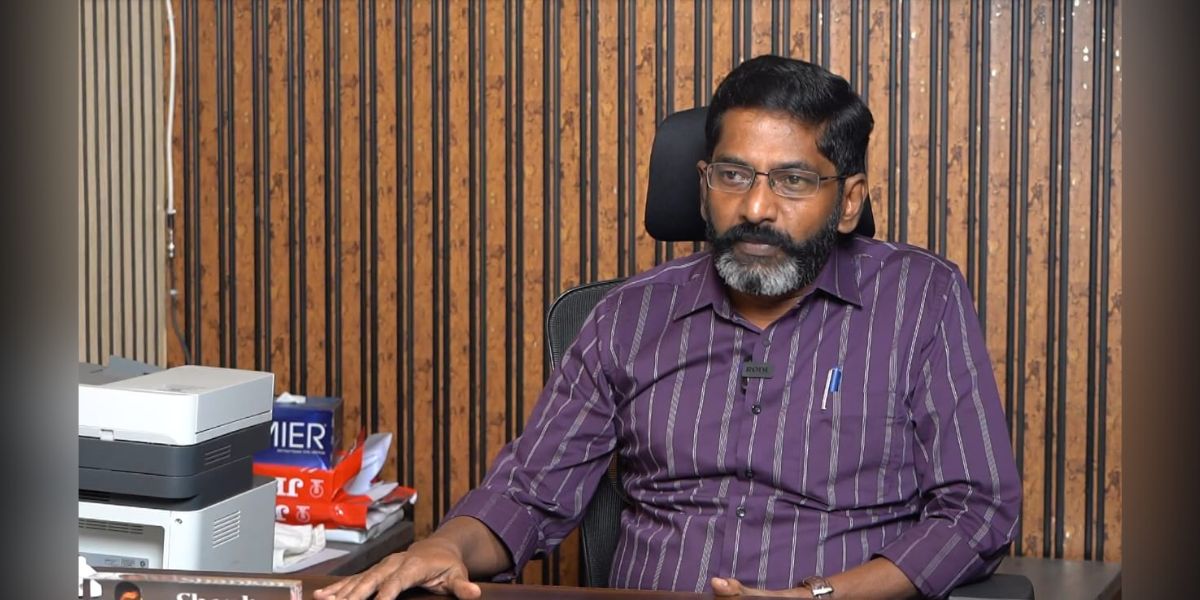

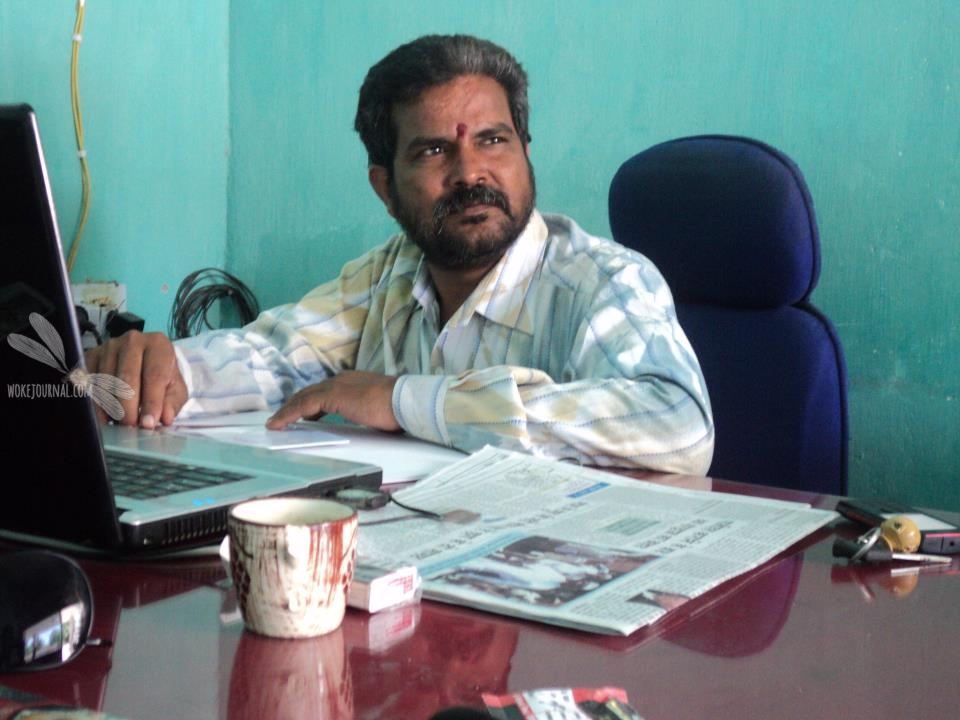
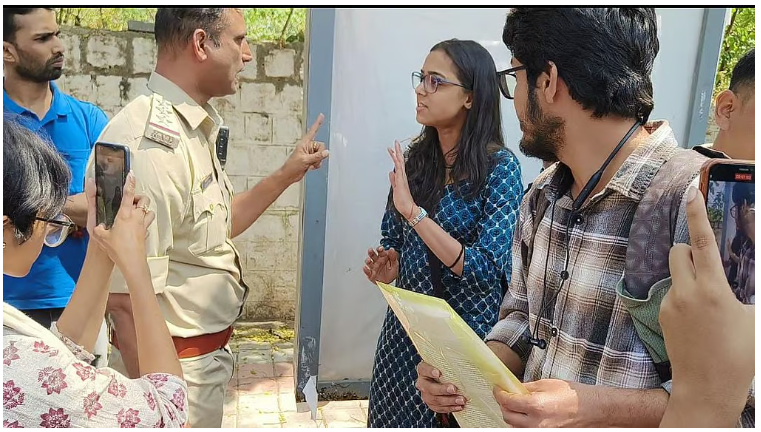

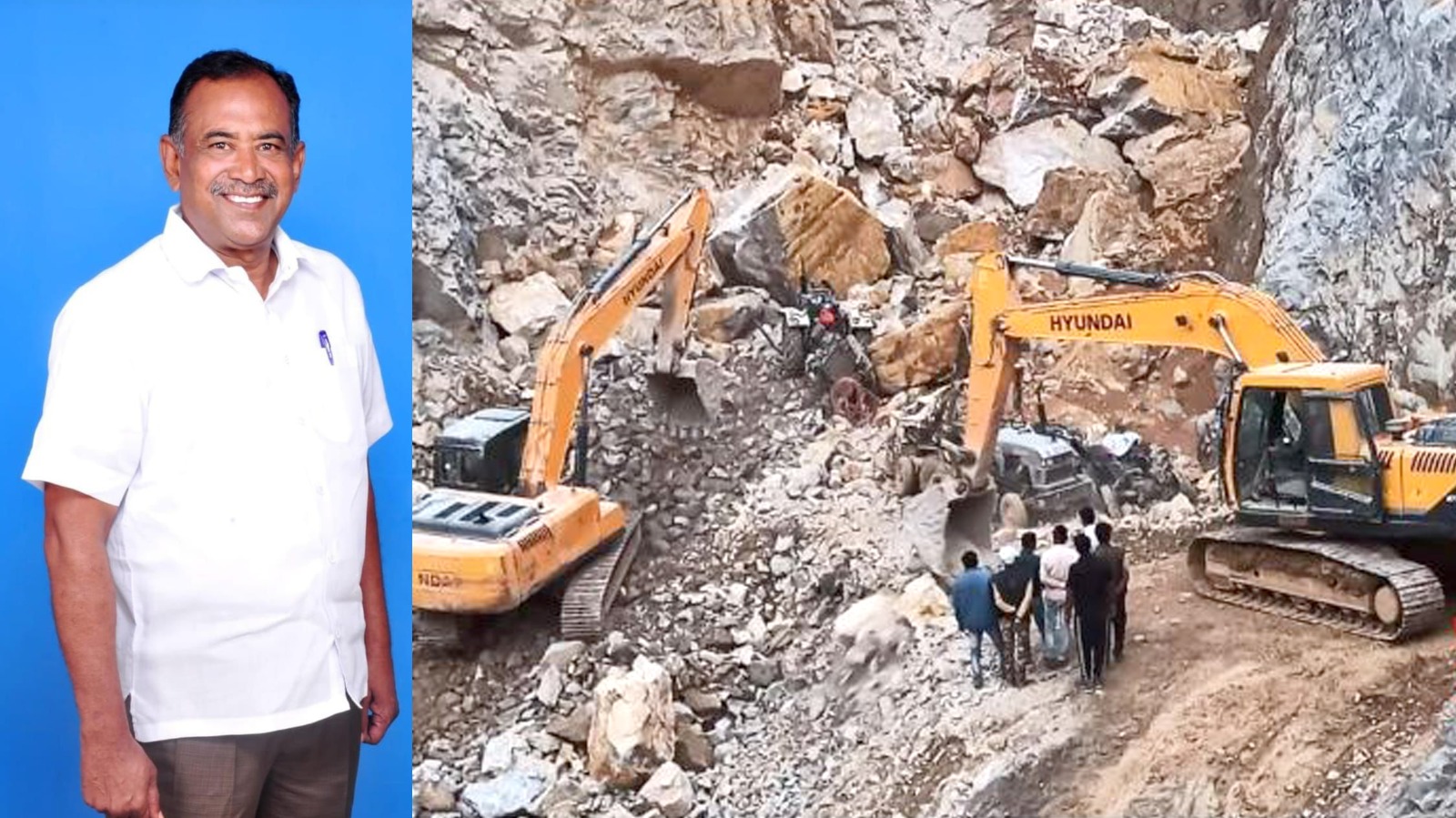
Add Comment